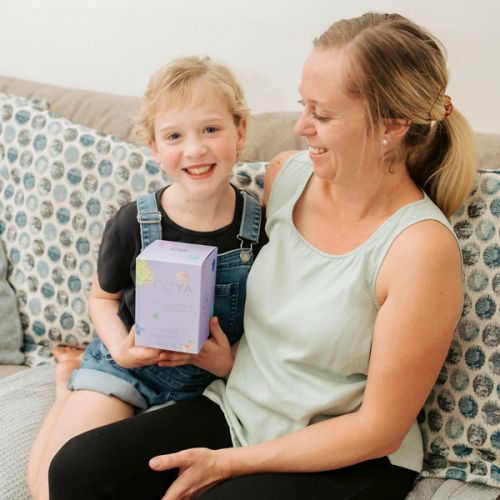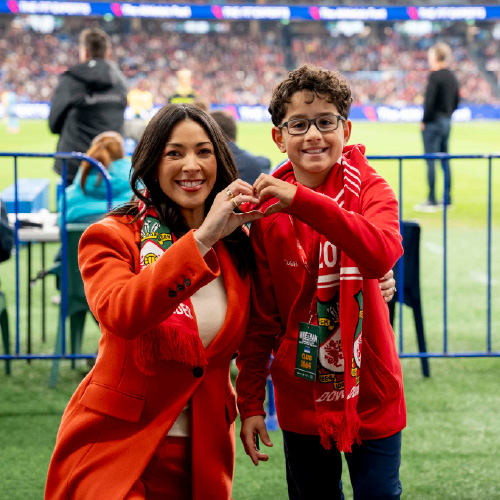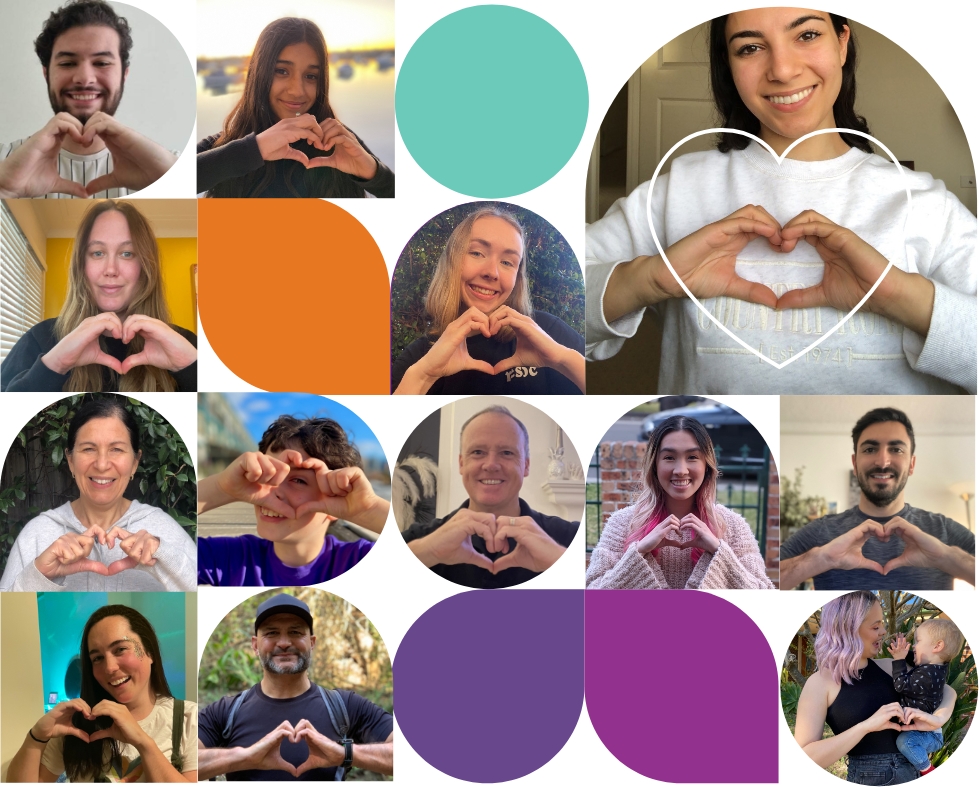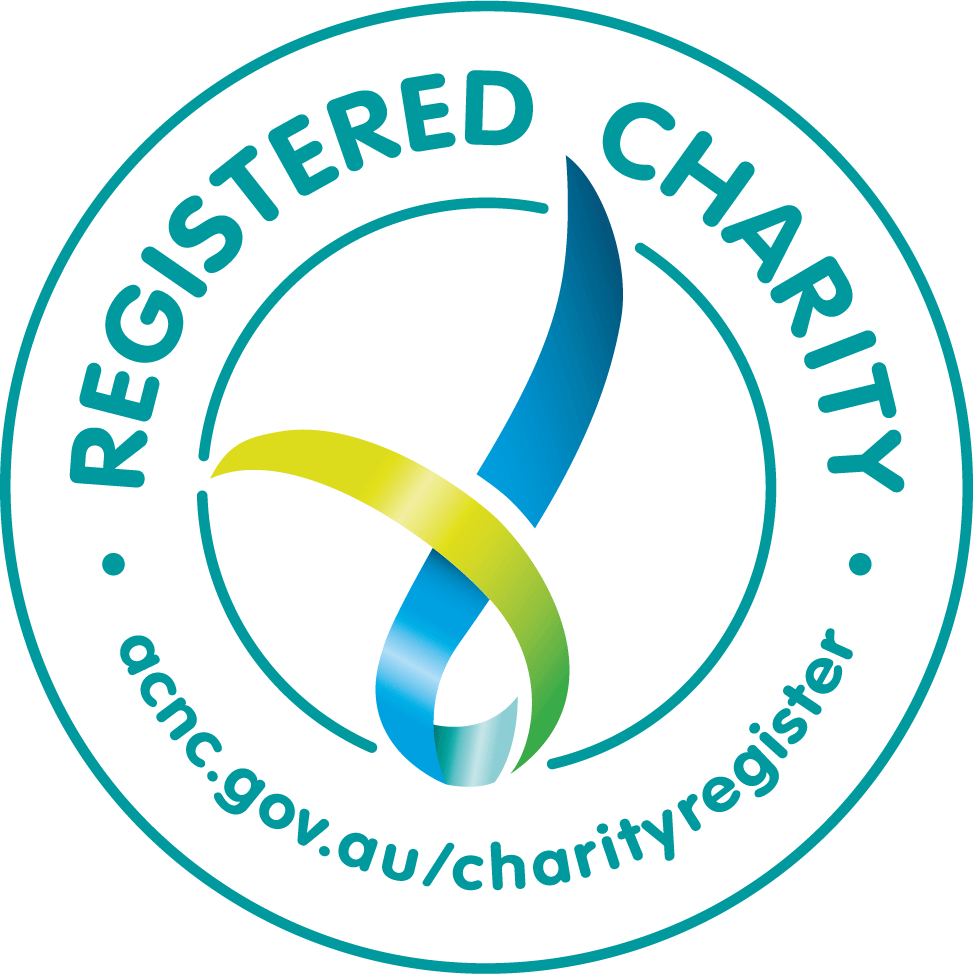|
In older children, most concussions occur during sport. With the return to winter sports, Sue Wicks, Head of the Kids Health Promotion Unit at Sydney Children’s Hospitals Network, outlines what to do when your child has a concussion. Key facts
A concussion is a brain injury caused by sudden strong movement of the brain against the skull, which a child can experience when they collide with another person or object. A child does not need to be knocked out (lose consciousness) to have concussion. So, whenever your child receives a bump or blow to the head or body that causes jarring of the head or neck, you should get them to stop playing immediately and monitor for signs and symptoms. |
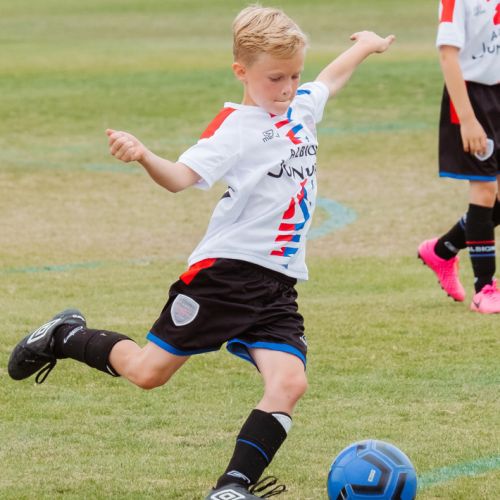
|
Signs to look out for
Symptoms to ask about Ask your child about how they are feeling after the bump. In particular, ask if they are experiencing:
When to take your child to the doctor or ED If your child has any of these signs or symptoms, they should see a doctor immediately. Record the details so you can tell the doctor what the child is experiencing. Note down when the signs or symptoms occurred, how long they lasted, and how severe they were. It’s recommended to record this at 5 minutes, 20 minutes, 2 hours, 24 hours, and 48 hours. If the signs or symptoms get worse (or if you’re uncertain), take your child to the hospital immediately. Returning to school and sport Rest is the most important treatment for a head injury. Children should not exercise, use computer screens, play video games or study for at least 24 – 48 hours after experiencing a concussion. A gradual and staged return to school and sports should be planned with your doctor. Useful resources Visit Sydney Children’s Hospitals Network’s Kids Health Promotion Unit http://kidshealth.schn.health.nsw.gov.au/concussion Concussion management on field tool KIH2532 CONC Wallet card_A4 design_v6 (nsw.gov.au) Concussion info sheet KIH2529 CONC infographics A2 poster_FA_v2 (nsw.gov.au) Important to know
o No further signs or symptoms, see a doctor o Still experiencing signs or symptoms, call 000 and ask for an ambulance
E worsening Eye problems (blurred or double vision) A Abnormal behaviour changes D Dizziness, persistent vomiting B Balance dysfunction with weakness or numbness in legs or arms U Unsteady on feet, slurred speech M Memory impaired, confused, disoriented P Poor concentration, drowsy, sleepy S Something’s not right (concerned about a child)
|
If your child becomes unconscious or has a seizure, follow DRS ABCD to start CPR or manage the seizure and call 000.




